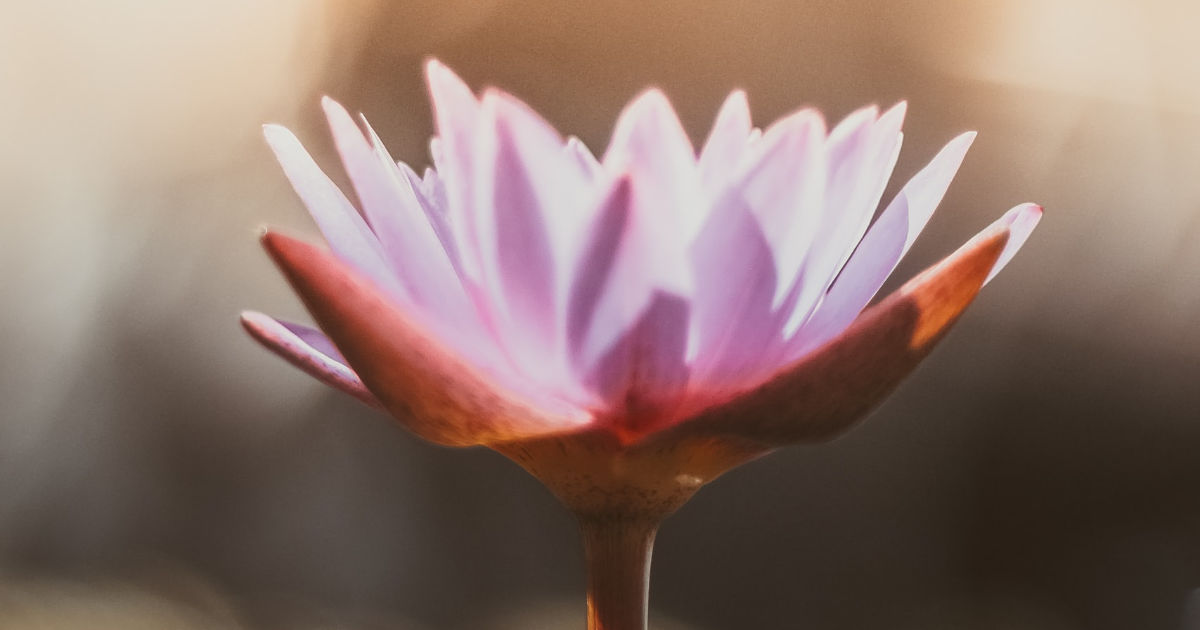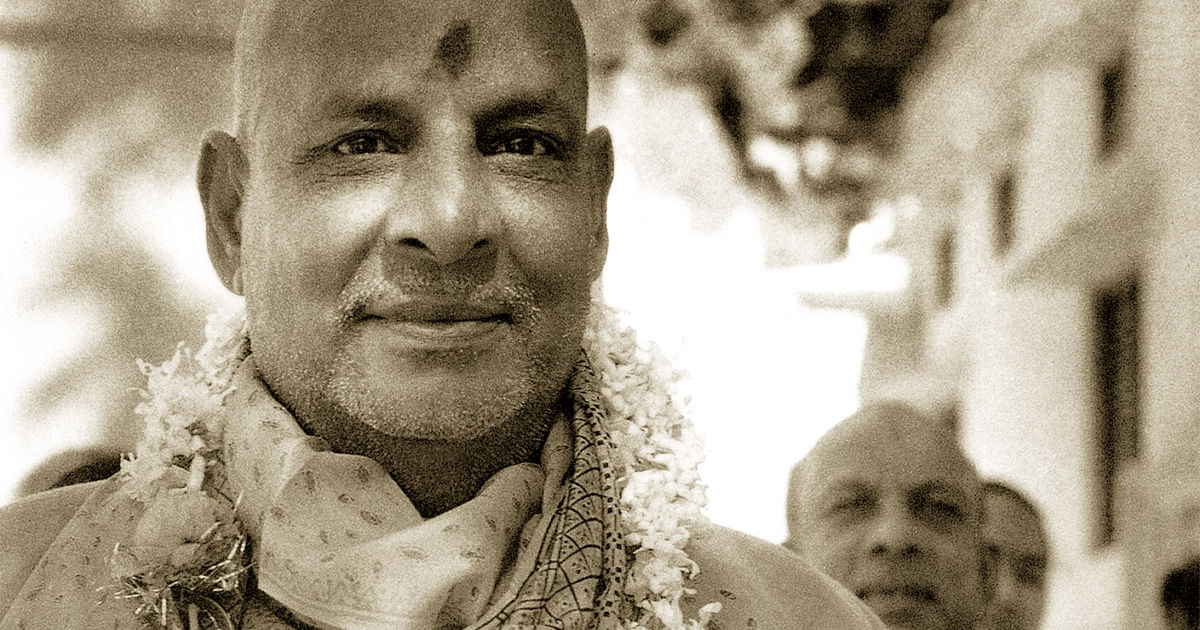 What is superimposition?
What is superimposition?
How do you discriminate between your true self and what you belief to be your self. Learn the vedic method of ‘Neti-Neti’. Don’t identify with your body. Why did Arjuna choose Krishna instead of getting a big army in the battle? Arjuna struggels when he sees who he is supposed to fight against. He gets unhappy, doesn’t want to fight. This is our situation: We are unhappy and are searching a fundamental method to get happy in life. Perception from senses is unreal. We need to restrain our senses, to see the reality. Pot-clay comparison. What changes, doesn’t exist. The ‘I’ doesn’t change, everthing that changes – emotions, personality, job – are names and forms. They appear to be real. But names and forms aren’t real. All we know is a product of a word and an appearance. They are passing. They don’t exist. You are unaffected by everything in this dream. All ideas are in your mind, just like in the dream. The only reality in the dream is the consciousness that we call ‘I’. Here is only consciousness, not mine, not you. Consciousness can’t be heard, touched. But it is self-illuminate. You know it exists. You’ll become more tolerant and less pulled by thoughts and objects. Listen to the sprinkling talk of Chandra Cohen for beginners. With humour and convincing arguments.
MORE VEDANTA ON OUR CHANNEL: Vedanta by Chandra Cohen
You are welcome to send a donate. Support our ashram with any amount. Thanks for your charity! Donate here
Om Shanti 🕉















